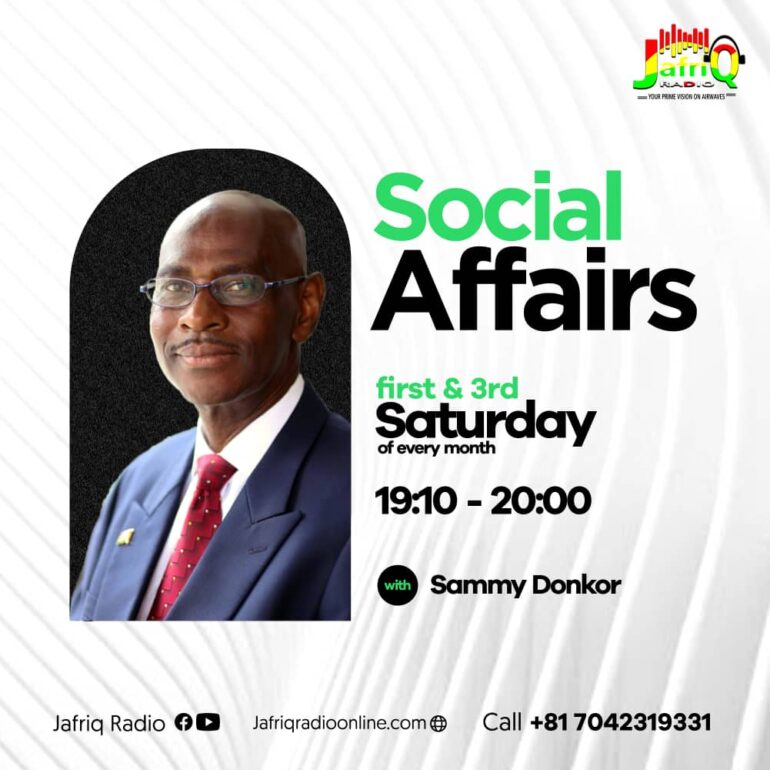DON'T MISS ANYTHING!
Subscribe to our newsletter
Lorem ipsum dolor sit amet, consectetur adipiscing elit.
Listeners:
Top listeners:
LISTEN NOW: JafriQ Radio Live On Jafriq Radio
[ad_1]
African Girls Face Barriers to Prenatal, Intrapartum, and Post-Natal Care
Girls in Africa face significant challenges ensuring that they enjoy the highest attainable standard of their sexual and reproductive health. They experience barriers to accessing relevant sexual health education as well as adequate maternal healthcare during pregnancy, childbirth, and postpartum. Following the conclusion of the African Committee of Experts on the Rights and Welfare of the Child (ACERWC)’s 44th Ordinary Session on October 12, and as the conversation around maternal health examines how to ensure acceptability and quality of care in addition to accessibility and availability, the inclusion of girls’ voices is more important than ever.
In Africa, one in four girls give birth before the age of 18. In 24 countries across the continent, the teenage pregnancy rate is above 25 percent. Yet, these girls face immense barriers in accessing prenatal (or antenatal) health care and skilled birth attendance. In Africa, girls have much fewer antenatal care visits compared to women, and fewer girls have access to skilled birth attendants or post-natal care. Research indicates that only 40 percent of adolescent mothers attend the recommended number of antenatal visits, and only 48 percent access skilled care during delivery, leaving many vulnerable to complications. This lack of care contributes to maternal mortality being one of the leading causes of deathfor girls across the continent.
The root causes behind the low uptake of maternal health care among pregnant girls is varied, including societal stigmaaround adolescent pregnancy, particularly for unmarried girls, and laws that require parental or spousal consent before girls can access reproductive services. When they do seek out maternal health care, girls’ vulnerability is further compounded by obstetric violence, when health care professionals and other hospital staff subject them to physical abuse, verbal abuse, nonconsensual medical procedures, disrespect, discrimination, stigmatization, and neglect.

Get the latest in African news delivered straight to your inbox
Almost finished…
We need to confirm your email address.
To complete the process, please follow the instructions in the email we just sent you.
There was a problem processing your submission. Please try again later.
To address these challenges, the special rapporteur for health and member of ACERWC, Hon. Aboubekrine El Jera, emphasized that African states need to ensure the realization of girls’ right to autonomy and decision making. They need also to ensure girls’ meaningful participation in law and policymaking processes, particularly in relation to their sexual and reproductive health and rights. “Children must be involved in decisions about their health,” he said, calling for laws that respect their evolving capacities.
Betty Kabari, Researcher, Women’s Rights Division
[ad_2]
Source link
Written by: jafriqradio
africa Business current events economy Health and Medicine Human Rights news NGOs and Civil Society Politics sports trade travel Women and Gender

For every Show page the timetable is auomatically Social Affairs
closeLorem ipsum dolor sit amet, consectetur adipiscing elit.
© JAfriq RAdio 2024 All Rights Reserved. By Octagram, Inc
Post comments (0)